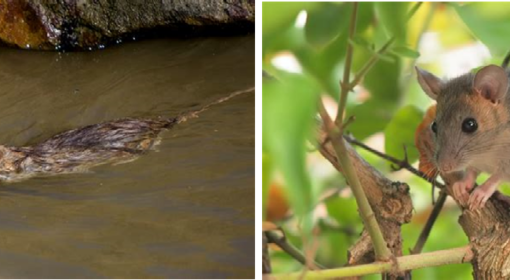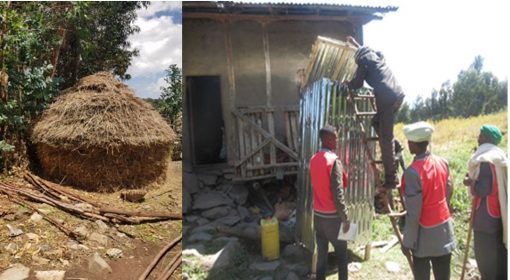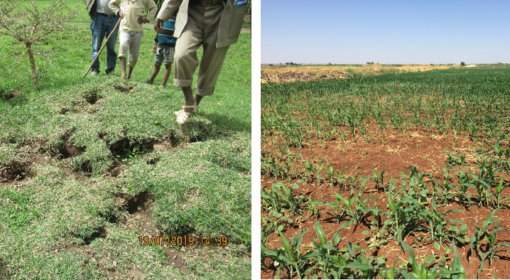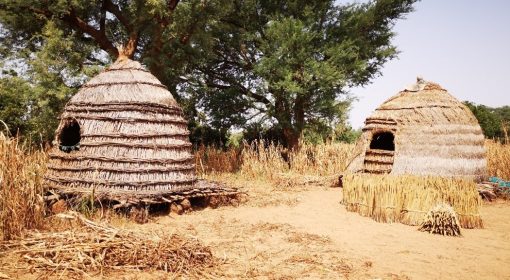by Abraham Abhishek, Luwieke Bosma
August 26, 2021
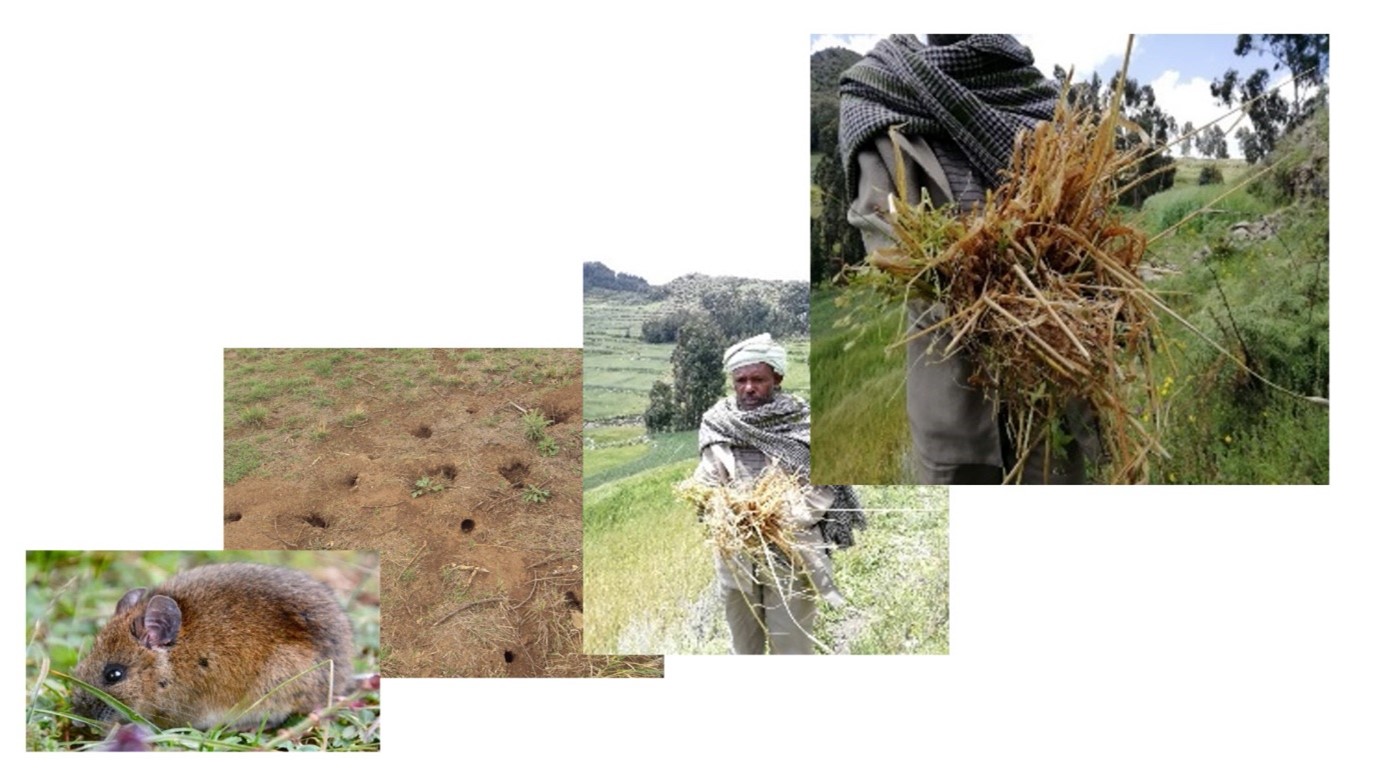
Globally, up to 15% of standing crops or stored harvest is damaged by rodents. In Sub-Saharan Africa this figure goes up to 24%. In some regions of Ethiopia, rats and mice damage up to 46% of all the food grown. Across the whole country, these losses amount to more than 2 billion dollars. Every year, an individual farmer loses anything between 105 and 230 dollars per hectare- which is almost a fifth of her annual income. Besides, rodents cause injuries and carry around 60 kinds of vector diseases such as the Hanta virus.
Available solutions include chemical rodenticides. The biggest disadvantage of chemical rodenticides is their harmful effects on the environment, especially on non-target species such as pets and livestock. On the other hand, rodents themselves develop immunity to them over time.
Besides, chemical rodenticides are invariably not manufactured locally and are therefore quite expensive. Also, their chemical composition is not optimised for local needs, and usage instructions are not in local languages. So they are not very user-friendly.
So there is a huge gap in rural markets across the world, for a rodenticide that is effective, affordable, and without harmful effects on the environment and non-target species.
MetaMeta, in partnership with Ethiopian partners such as the Amhara Bureau of Agriculture and Rural Development, Mekelle University, and Debre Tabor University, have developed a prototype rodenticide made of botanical ingredients. Rather than try and kill rodents, this bio-rodenticide sickens them and they die eventually. Or it makes them infertile. This way it leads to a sustained drop in the number of rodents.
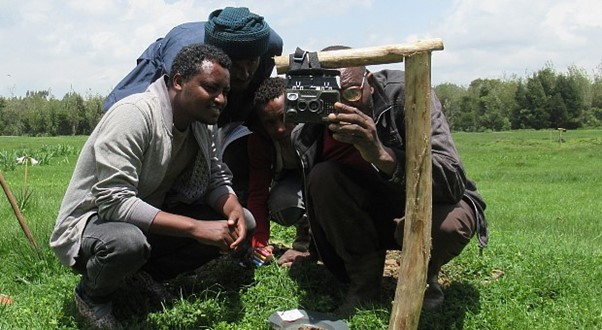
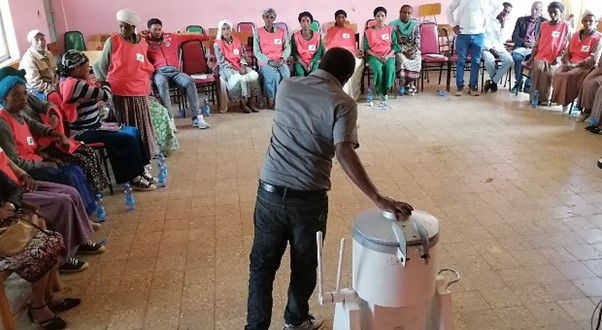
The bio-rodenticide is made of botanical ingredients, which are complex mixtures made of scores of chemical compounds. This makes them volatile, which means their chemical characteristics keeps changing. So rodents are not able to develop resistance to it, like they do to chemical rodenticides.
The bio-rodenticide is offered as part of a larger Ecologically Based Rodent Management (EBRM) package. This involves providing advisory and support to farmers on measures at the household level (waste management, anti-rodent fortification of homesteads, improved storage of harvest, rodent traps, promoting certain pets) and at the field level (gaps between rows of plants, controlled grazing, making design of water harvesting structures inconducive to rodents, community-level rodent eradication campaigns, promoting natural rodent predators).
Also part of EBRM is training of farmers on rodent movement and behaviour…. and sensitization and awareness regarding the scale of the rodent problem.
EBRM attacks a big roadblock on the path to food security. Imagine how much more food secure a smallholder farmer would be, if by cutting crop losses to rodents he/she was able to boost their income by 25%. Imagine how much food secure a country would be, if by just managing rodent-related losses it was able to boost its food reserves by 20-30%. And this is not just an opportunity waiting to be seized in Ethiopia, but in developing countries all over the world.
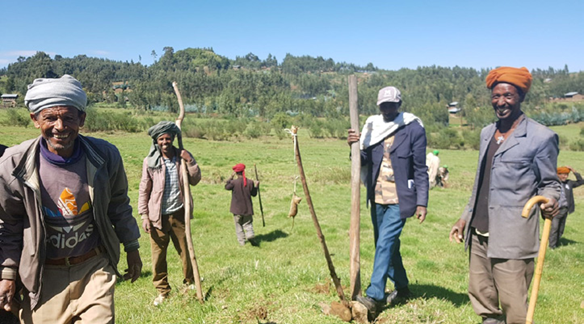
Recognising this, the EBRM approach (represented by MetaMeta and Mekelle University) has been nominated as a finalist for the 2021 Olam Prize for Innovation in Food Security, which aims to support scientific research that can deliver transformational impacts within global agriculture.
More information about the Prize, and its motivation behind choosing EBRM as a finalist, are in this article: https://www.olamgroup.com/sustainability/innovation-technology/olam-food-prize/botanical-rodent-control-to-reduce-crop-loss.html
If you are interest in the field of rodent management, please contact Luwieke Bosma at lbosma@metameta.nl

